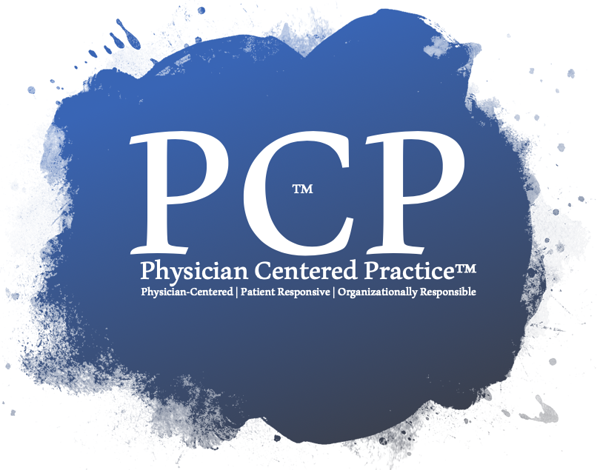What Do Your Physicians Want?
They will tell you if you ask them.
Have you asked them? If you were hiring a new vice president you'd ask them about their goals and objectives. You'd ask how they see their career developing and unfolding and you'd talk about the contribution they want to make, and you need them to make, to the organization. Do you have the same conversation with your medical staff? And, do you have that conversation regularly - for example, during an annual review?
If you answered "yes" to those staff development questions, then, frankly, you're ahead of the curve and you should have a happy, productive and stable medical practice.
However, most people, practice administrators, senior physician leaders and others, don't have those conversations. Why? It's simple, really. Most people presume all physicians are entirely self-motivated, that they expect 10 minute appointment windows, they expect to see whoever walks through the door and they expect their routines to be generally unchanging throughout their careers. Now, if you're an administrator or anyone else with the responsibility for the success of a medical staff/practice, how inviting a career does that sound to you? I wouldn't want that job and my bet is you would not either.
It's easy to say that physicians knew up front what they were signing up for. But actually, they don't. Medical students and residents really don't know what to expect beyond some continuation of what they have already experienced. What they have experienced is a team environment that is both collaborative and educational, with support and backup. What they enter in practice is isolation, collegial ambivalence, and a "walking off the cliff" feeling with nearly every patient.
Offering Physicians Choices
When I work with physicians in my other practice, third_Evolution, one of the first things I tell them is that I want them to have choices, options. And when I say that, their eyes light up and they become engaged because in practice, they tell me daily that they have no choices and no options.
Offering physicians choices is a paradigm shift in practice development and is predicated on realigning your organizational objectives away from individual production and towards resource utilization. If you take the time to have an actual "career" discussion with your physicians you'll probably find you have to ask several times before you start hearing the answers you'd expect from other staff. That's because physicians are so seldom asked what they want. But in asking, you're also making a tacit commitment to be responsive. So don't take this take lightly.

